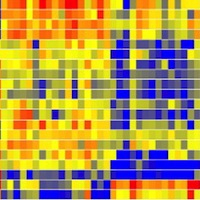Researching Causes and Cures for Eosinophil-Associated Diseases
The Cincinnati Center for Eosinophilic Disorders (CCED) is one of the few places in the world with the expertise to be a dedicated research center and a comprehensive clinic for children and adults with eosinophilic disorders and eosinophilic gastrointestinal disorders (EGID).
We use a coordinated and forward-looking research approach to improve care and the quality of life for people living eosinophilic disorders and EGID.
We work closely with many labs and divisions throughout Cincinnati Children’s and the University of Cincinnati to research eosinophilic disorders and EGID.
Our Research
Formed in 2001, the CCED studies eosinophilic disorders, EGID, and the chronic medical problems associated with eosinophilic disorders. Comorbidities include asthma, behavioral problems, connective tissue disease, eczema, food allergies, heart disease and life adjustment issues.
We lead the multicenter Consortium of Eosinophilic Gastrointestinal Disease Researchers (CEGIR), which is part of the National Institutes of Health-funded Rare Diseases Clinical Research Network.
The goal of our research is to identify mechanisms of allergic inflammation and develop and test novel diagnostics and pharmaceutical targets for eosinophil-associated diseases, especially:
- Eosinophilic gastrointestinal disorders (EGID)
- Hypereosinophilic syndrome (HES)




